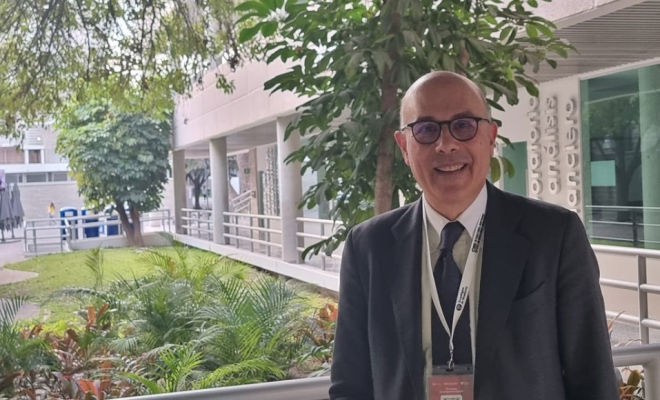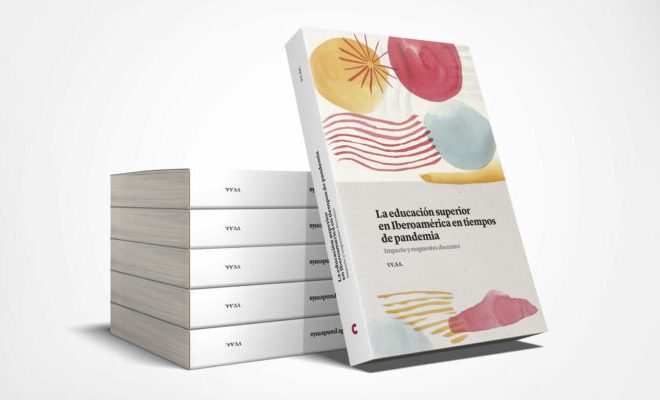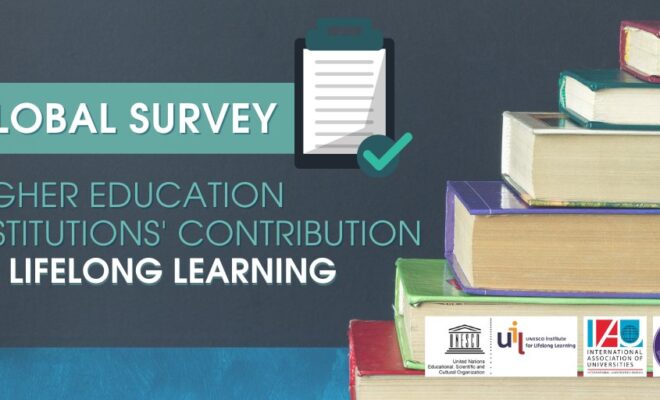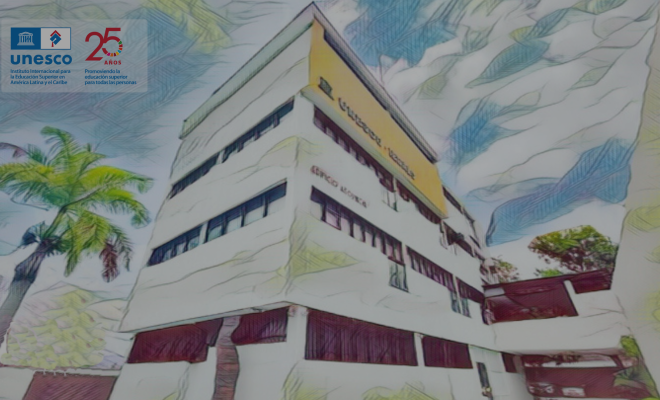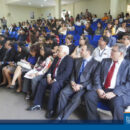Exploring global data on national scholarship programs for higher education students

Across the world, several governments offer national scholarships programs, also referred to as grants or bursaries, to support national students to undertake higher education studies.
This new Insight shows that almost 6 out of 10 (58%) of countries globally operate national scholarship schemes, with large disparities between regions and income groups. For example, higher-income countries are more likely to support national scholarship schemes in comparison to lower-income countries. This suggest that beyond socio-political considerations, income level is a key driver of scholarship provision, which often imply a significant expenditure for governments.

Yet, despite their cost, scholarships can be a fruitful investment for governments, Scholarships are targeted support measures that can also be instrumental in promoting access and inclusion in higher education. This may explain why a considerably larger share of countries worldwide use targeted measures such as scholarships (58%) as compared to those that mandate free public higher education for all (less than 30%). Lastly, scholarships can also be an invaluable public investment that secure financial resources for institutions to fulfill their missions of teaching, research and engagement toward society.
Overall, scholarships can promote social justice and support the right to higher education, provide equal access to higher education programs and incentivize students to enroll in programs that align with labor market demands. These higher levels of higher education attainment within a population often result in socio-economic benefits.
Further research could seek to inform national policies on how scholarships, and other types of mechanisms for student support such as loans or free higher education, can best impact equity and socio-economic development, in different contexts. Policymakers could use the HE Policy Observatory as a tool to compare national scholarship policies across countries and facilitate international dialogue on effective strategies for providing financial assistance to students. This evidence could be crucial in shaping policies that enhance access and inclusion in higher education, empowering institutions to deliver quality education and drive equitable socio-economic progress worldwide.
Check out the UNESCO IESALC Policy Insight 7 on the provision of national scholarship schemes worldwide here.
RELATED ITEMS
